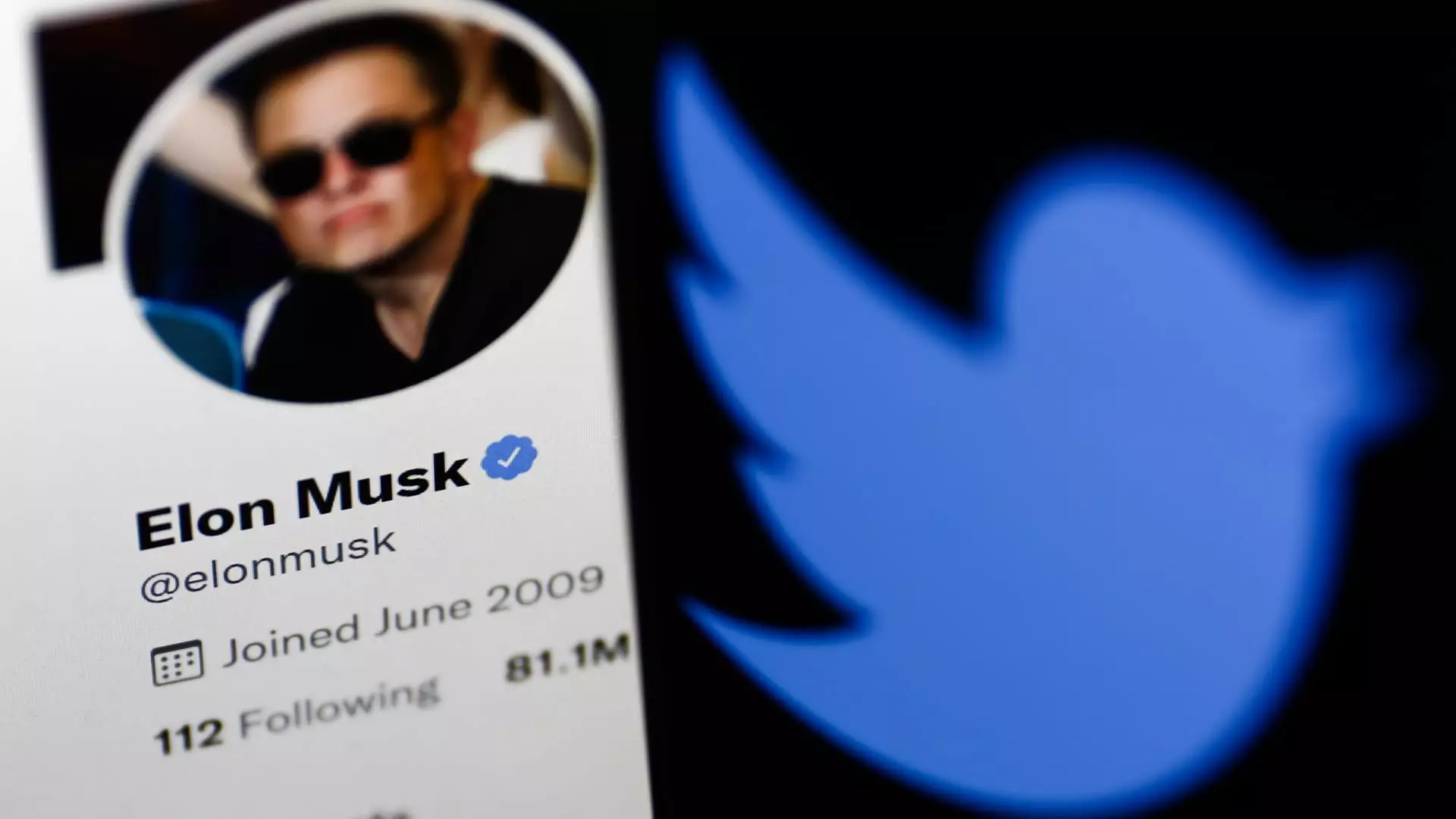Elon Musk, a man whose name is synonymous with innovation and disruption, now finds himself ensnared in a legal battle that poses serious questions about market integrity. A class-action lawsuit against Musk and his family office, Excession, has gained traction in the Southern District of New York, as a federal judge ruled that the case could proceed despite Musk’s efforts to dismiss it. Former Twitter shareholders allege that they lost considerable sums due to Musk’s failure to disclose his large stake in the company within the legally mandated timeframe. The stakes are high, not only for Musk but also for the integrity of the financial markets themselves.
When influential figures like Musk engage in questionable tactics, it sends ripples throughout the economy, undermining the foundational principles of transparency and fairness that are supposed to govern market behavior. The Oklahoma Firefighters Pension and Retirement System, among others, have claimed they sold their shares at “artificially deflated prices,” a startling accusation that implies that Musk’s antics were not just careless but potentially calculated.
The Legal Arguments: Error or Deception?
Musk’s defense hinges on the argument that he merely made an error in filing his disclosure after the deadline mandated by the SEC. However, this assertion feels more like a smokescreen than a legitimate excuse. In his 43-page opinion, Judge Andrew L. Carter found that Musk’s misleading tweets about the possibility of purchasing another social network while secretly amassing Twitter shares were nothing short of an intentional misdirection. Here, we see a stark contrast between Musk’s self-portrayal as an entrepreneurial titan and the ramifications of his seemingly cavalier attitude toward legal compliance.
Taking the judge’s framing into consideration, one could argue that Musk’s actions weren’t simply benign mistakes but were indicative of a pattern of behavior that undermines investor trust. When tweets can sway market behavior, the responsibilities that come with such influence must be taken seriously. Musk’s actions potentiate a “false pricing signal” that not only damages individual investors but also the overall health of the marketplace.
The Ripple Effects of Market Manipulation
The implications of Musk’s conduct stretch far beyond the confines of this particular lawsuit. Every investor, from the smallest retail trader to institutional giants, relies on the principle that market players will act transparently. If public figures such as Musk are permitted to play fast and loose with market regulations, what sort of precedent does that set for other wealthy individuals and corporations? The answer is troubling: a diminished level of trust in the market, where transparency becomes a mere suggestion rather than a requirement.
The Securities and Exchange Commission (SEC) is reportedly pursuing its own legal actions against Musk for similar infractions, highlighting that regulatory bodies recognize the potential fallout from even a single misstep by a tech billionaire. Market manipulation through social media not only complicates legal frameworks but also alters the very fabric of how we understand market dynamics.
The Broader Cultural Implications
Musk’s predicament serves as a microcosm of a larger societal issue inviting scrutiny into how power and wealth skew accountability. His ascent has deluded many into believing that a billionaire’s actions—however erratic or irresponsible—escape reproach. This narrative raises critical questions: should extraordinary influence absolve one from ordinary accountability?
The dichotomy between innovation and integrity in the tech space plays out not only in courts but in public opinion as well. The rise of ‘celebrity CEOs’ is giving way to a cultural acceptance of erratic behavior under the guise of genius. As Musk issues tweets that masterfully blend misinformation with forward-thinking, we must scrutinize whether society is normalizing value systems that prioritize disruptive success over ethical obligations.
Ultimately, the unfolding drama of Rasella v. Musk is more than a courtroom battle; it is a litmus test for our collective values in an age driven by both technological advancement and ethical ambiguity. As the case progresses, one can only hope it serves as a warning that integrity in the financial markets is not merely advisable but essential.


Leave a Reply